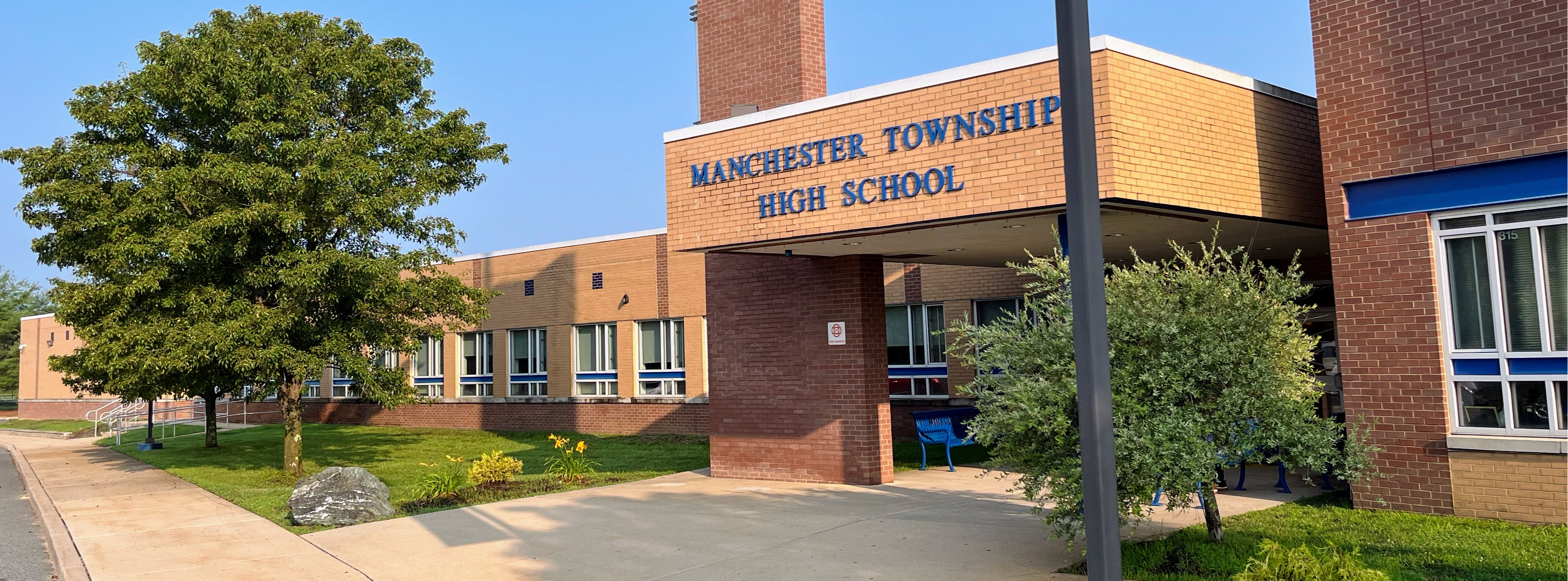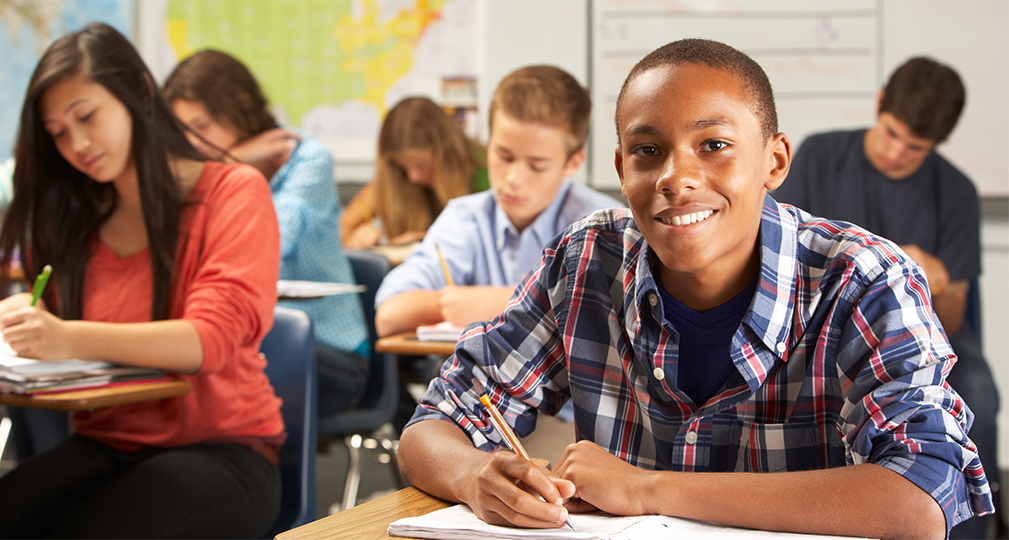Sign Up With Us: Events and Campaigns to Save Temecula Schools
Sign Up With Us: Events and Campaigns to Save Temecula Schools
Blog Article
Just How Schools Play a Vital Duty in Shaping Future Leaders and Innovators
Schools contribute in shaping future leaders and pioneers through the farming of essential thinking, creativity, and collaboration. By incorporating project-based knowing and interdisciplinary researches, schools test students to examine and synthesize complex information. Educators function as coaches, directing students and nurturing their potential, while after-school activities better develop leadership abilities and strength. This dynamic setting not only concentrates on private strengths yet also emphasizes the importance of synergy, necessary for browsing tomorrow's difficulties. Just how specifically do these components interplay to produce a robust foundation for future success?
Fostering Important Thinking
In today's rapidly developing world, promoting crucial assuming within schools has actually come to be vital. As culture faces progressively intricate international obstacles, the ability to evaluate, examine, and manufacture info is important. Schools play an essential duty in establishing these skills, preparing trainees to browse and resolve diverse problems with educated, reasoned decisions.
To grow essential thinking, teachers utilize different instructional strategies that urge energetic discovering and intellectual involvement. Classroom discussions, problem-based knowing, and Socratic examining are instrumental in promoting logical and reflective idea processes. By challenging pupils to question presumptions and think about several viewpoints, these approaches make certain a deeper understanding of topic past rote memorization.
Additionally, incorporating vital believing throughout the curriculum enhances its significance and applicability in varied contexts. Topics such as mathematics, scientific research, history, and literature each deal one-of-a-kind chances to establish students' critical professors. Examining historical events needs understanding and reviewing sources context, while clinical query needs rigorous theory screening and evidence-based thinking.
Ultimately, instilling crucial thinking abilities in students furnishes them with the cognitive tools essential for long-lasting discovering and versatility. It is via this foundational skills that future leaders will be able to innovate, address issues, and contribute meaningfully to culture.
Encouraging Creativity
Embracing creativity within instructional structures galvanizes pupils to believe past traditional borders and discover cutting-edge solutions. By integrating artistic undertakings and creativity workouts into the educational program, colleges grow an atmosphere where originality and imaginative thought are valued. This approach not just enriches the academic experience yet likewise equips pupils with the capacity to deal with real-world obstacles in novel means.
Educational institutions can promote creative thinking through varied ways such as project-based knowing, interdisciplinary research studies, and the incorporation of arts and modern technology. Project-based understanding, for example, motivates students to use their understanding in practical, often collective, projects that demand innovative analytic skills. Interdisciplinary studies permit students to attract connections between different topics, thus expanding their perspectives and improving their imaginative capacities.
Furthermore, providing trainees with chances to engage with emerging innovations, such as coding and digital style, better nurtures their imaginative potential. These tasks motivate trainees to experiment, stop working, and repeat, which are critical parts of the imaginative procedure (Save Temecula Schools). By maintaining a helpful setting where experimentation is urged, schools can make certain that trainees establish the self-confidence to go after cutting-edge ideas
In significance, supporting creativity in instructional setups is crucial for shaping future leaders and trendsetters capable of resolving complicated international concerns with ingenuity.
Supporting Collaboration

Carrying out group-based learning modules and cooperative projects permits students to experience the characteristics of team effort firsthand. This not only prepares them for the collaborative nature of modern-day offices yet additionally nurtures management top qualities as they frequently need to tackle roles such as job supervisors or team planners. In addition, partnership in the classroom can damage down social barriers and advertise inclusivity, guaranteeing that each pupil really feels valued and listened to.
Additionally, integrating modern technology can better support collaborative efforts. Devices like shared interactive systems and digital workspaces enable students to collaborate successfully, also outside the classroom. As pupils create these joint skills, they are much better outfitted to take on intricate challenges and innovate, laying the groundwork for their go right here future functions as leaders and innovators.
Duty of Teachers as Coaches

Mentorship involves customized attention, where teachers recognize and nurture specific toughness and address weaknesses. Save Temecula Schools. With one-on-one communications, educators can customize their advice and support to satisfy each pupil's one-of-a-kind requirements, cultivating a sense of confidence and durability. This individualized method grows a growth frame of mind, urging students to watch failings as possibilities for discovering and development
In addition, educators act as good example, showing the values of empathy, willpower, and stability. Their perspectives and actions offer a blueprint for trainees to replicate, instilling a feeling of moral obligation and social awareness. By producing a comprehensive and helpful class setting, educators i was reading this allow trainees to establish social skills that are vital for effective management.
Fundamentally, the mentorship offered by instructors lays a fundamental framework for the development of future leaders, furnishing them with the understanding, skills, and worths needed to master an ever-evolving globe.
Influence of Extracurricular Activities
When incorporated properly into the instructional framework, extracurricular activities significantly boost student advancement and management possibility. These tasks provide pupils with opportunities to discover interests past the conventional educational program, fostering a well-rounded skill collection.
In addition, extracurricular involvement motivates creative thinking and innovation. Pupils participated in drama, songs, or debate clubs discover to assume critically and method troubles from varied viewpoints. These experiences infuse self-confidence, making it possible for students to voice their ideas and take initiative in numerous settings. By teaming up with peers from different histories, students likewise develop compassion and interaction skills, important attributes for future leaders.
After-school activities additionally play a critical role in scholastic efficiency. Research study shows that trainees associated with such programs tend to have higher grades and better presence records. These activities offer a healthy and balanced electrical outlet for stress, contributing to general well-being. Therefore, schools that focus on a balanced technique to education and learning, integrating robust extracurricular programs, are extra most likely to produce innovators and leaders outfitted to fulfill the challenges of the future.

Verdict
In conclusion, institutions dramatically shape future leaders and pioneers by supporting essential reasoning, creative thinking, and partnership amongst students. By promoting a helpful environment that values specific staminas and teamwork, schools gear up trainees with the essential skills to navigate future obstacles and drive advancement.
As pupils create these collective skills, they are better furnished to tackle complex obstacles and introduce, laying the groundwork for their future functions as leaders and innovators.
By fostering vital thinking and analytical skills, instructors aid pupils navigate complicated obstacles, preparing them for leadership functions in various areas.
By teaming up with peers from different histories, trainees additionally create compassion and communication abilities, crucial characteristics for future leaders.
In conclusion, institutions significantly shape future leaders and innovators by nurturing essential reasoning, creativity, and collaboration among students. By cultivating a supportive environment that values specific staminas and synergy, schools gear up students with the essential skills to navigate future challenges and drive innovation.
Report this page